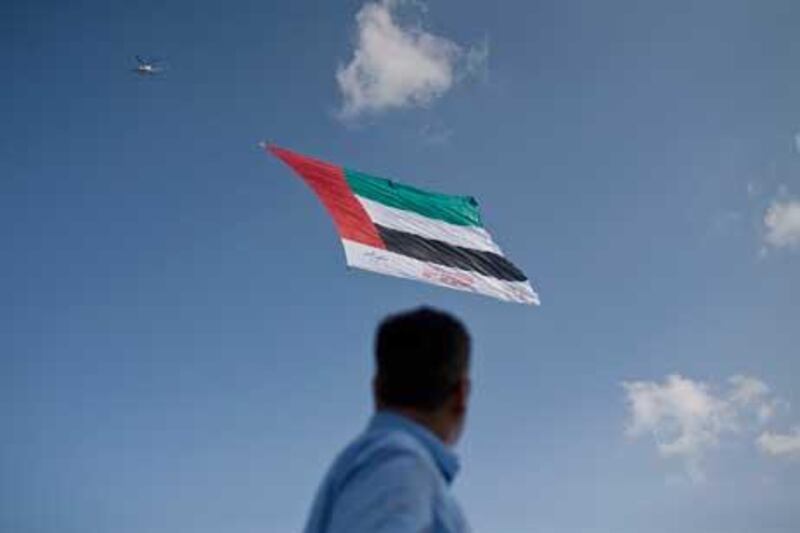ABU DHABI // Confused applicants for residence visas faced the third change in less than two weeks yesterday, and the second in 24 hours.
Earlier, interior ministry authorities had said that from June 1 new or renewed visas would be issued only on production of attested copies of a valid lease contract and utility bills as proof of address.
On Sunday, the ministry reversed that change and said no such documents were required. Yesterday, however, it clarified that the documents were indeed required, but they need not be attested.
The confusion was evident yesterday at immigration offices. In Al Ain, authorities were asking visa applicants to produce a copy of their tenancy contracts. In Abu Dhabi, they did not.
Long queues built up at the customer care desk in Al Ain immigration department as residents gathered to inquire about the new rules.
One, Joshep Ereira, said: “I have been to the immigration office and found out that they are still asking for the tenancy contract and utility bills. There are now endless woes and frustration, not to mention the long lines at the information counter of people all trying to find out about the new residence visa law.
“I am not exactly sure what the region of Al Ain is trying to achieve from all this. People are really going to get more and more frustrated from lack of information about laws changing from time to time in Abu Dhabi and having no effect in Al Ain."
Meanwhile in Abu Dhabi city another resident applying for a visa for his family was not asked for either a tenancy contract or utility bills yesterday, and immigration officials were processing paperwork as usual.
Maj Gen Nasser Al Menhali, the assistant undersecretary at the Ministry of Interior responsible for residency, said yesterday the revised rules would be implemented nationwide in an effort by the ministry to compile a database of residents' addresses.
It was necessary to have the addresses in order to reach residents quickly in case of emergency, and the old addresses were unclear, imprecise and hard to find in a timely manner, he said.
Maj Gen Al Menhali said: “No attestation of the tenancy contract is required from the municipality and this rule is going to be implemented across the Emirates.”
He said the decision by the General Directorate of Residency and Foreigner Affairs in Abu Dhabi to require the extra documentation was “an administrative decision meant to ease the process of identifying people’s domiciles and to ascertain their place of residence”.
Responding to requests for clarification of the decision and its impact on those living in shared accommodation, Maj Gen Al Menhali said: “The decision applies to anyone who has a home address and will be applicable to all the Emirates.”
A tenancy contract or a water and electricity bill must be attached to the visa renewal application as proof of the applicant’s place of residence, he said.
Labourers who work for companies that offer collective housing must also bring proof of where they live, providing an address and a letter from their employer to that effect, or any form of contract that substantiates their place of residence, he said.
The requirement is intended “first and foremost to verify the addresses of all residents in the country for security and procedural purposes”, he said.
Maj Gen Al Menhali added: “It is a security, service-related and administrative measure taken by the General Directorates for Residency and Foreigner Affairs in the nation. It does not target any particular social segment or property developer; it simply serves residency departments in updating their data, establishing the addresses of people residing in the country and documenting them properly.”
He also said the requirements were not unique to the UAE, and were common in many developed countries.
anwar@thenational.ae






